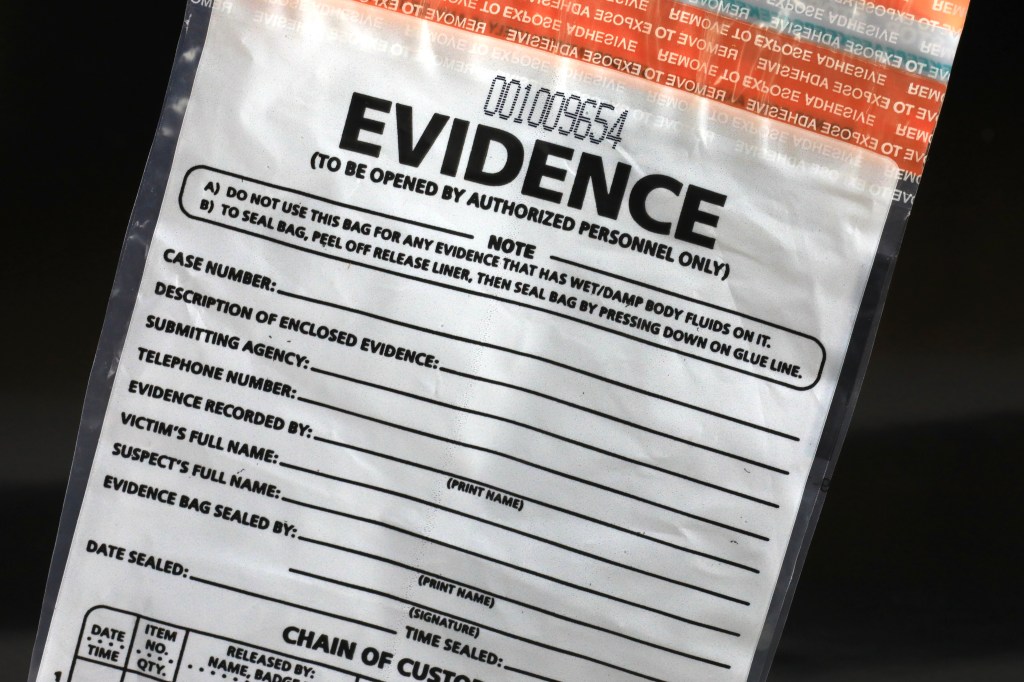At this point, it’s easier to count the Canadian authors who haven’t weighed in on the firing of the University of British Columbia’s former creative writing chair Steven Galloway. Eighty-plus of them signed an open letter last Monday defending Galloway’s “right to due process”—though nearly a dozen of them have since removed their names over criticisms of intimidating complainants. (More on this later).
International award-winners Lawrence Hill and Margaret Atwood have each penned impassioned op-eds, and now a counter-letter is beginning to circulate. So many are the takes, that one former student has started tracking the team switches in a Google doc titled “THE GREAT CANLIT CIRCLE JERK OF 2016.”
Videos by VICE
You may be left wondering why so many Canadian authors feel qualified to comment on how campuses investigate accusations of assault, or why they’re so intensely divided. Some have come out as survivors of assault. Many others say their primary connection to the case is a professional and/or personal relationship with the accused. Nearly all of them fully acknowledge their understanding of the events is incomplete.
To make sense of why New York’s literati is now joining in, sending yet more open letters to UBC, you have to go back to June 22. That’s when Galloway was fired for “irreparable” breach of trust following an investigation into sexual assault, harassment, and bullying allegations. Most details of the investigation are sealed by privacy legislation. A heavily-redacted report substantiated one of the complaints, but not the most serious one.
The first author to publicly jump to Galloway’s defence was Madeleine Thien, who asked the school to remove all mention of her name from any and all university promo materials. She wrote the primary allegation should have been turned over to police, not investigated behind closed doors. She said the confusion and innuendo surrounding the case pushed Galloway to attempt suicide.

…or was it Giller Prize winner Madeleine Thien? Photo via SFU
“I cannot for a moment imagine that any of these events have made the main complainant feel safer, have contributed to her wellbeing, or protected her privacy,” reads her letter. “The university has taken a tragedy and turned it into an ugly, blame-filled, toxic mess, destroying lives in the process.” Thien was criticized for violating complainants’ privacy and misrepresenting their allegations. The women at the centre of the case have more generally criticized how the UBC report represents their concerns.
Read More: UBC Students Aren’t Happy About a Canlit Star’s Defence of Fired Prof Accused of Sex Assault
If there was something that everyone watching this “mess” seemed to agree on, it was that the school failed everyone involved, including the complainants. And yet the most widely read open letter—spearheaded by Joseph Boyden and signed by half your English major roommate’s bookshelf—focuses only on how Galloway was denied fair treatment. It reads like a loud and sustained mourning for his damaged reputation, and does not acknowledge how courts fail assault victims.
These two omissions are what has kicked the debate into overdrive. Critics say the letter serves to flaunt Galloway’s far-reaching industry connections, and discounts the women who reported harassment.
Atwood clarified in the Walrus that she thought both sides were wronged, before comparing the investigation to the Salem witch trials. Sheila Heti, Miriam Toews, Camilla Gibb and others decided to withdraw their signatures from the open letter. A dozen others, including David Cronenberg, have since added theirs. Lit mags Briarpatch and Quill & Quire have posted Boyden callouts (the former kicking him off a writing award panel), while Room Magazine hosted an account of author Jen Sookfong Lee’s traumatic assault. Suffice to say, this is shaping up to be Canada’s literary beef of the century.
Meanwhile, VICE spoke to UBC students who expressed frustration that authors and filmmakers were dominating the discussion, when they’re not the ones experiencing or reporting campus assault, nor do they know details of the case. English student Amanda Wan urged the Canlit pontificators to withdraw the open letter. “I hope they will acknowledge the work that is already being done by those who are most marginalized and vulnerable to the rape culture that this open letter failed to address,” she told VICE.
If you’re still unsure what Galloway did wrong, that’s because most of this is sealed and still being investigated. Galloway is fighting his firing, and UBC is now opening the case in arbitration. Depending on your perspective, this knowledge vacuum has either made a strong case for how difficult it’s become to defend any man accused of sexual assault (see: Atwood’s witch trial analogy), or demonstrated a need for more transparency in future cases.
In answer to those who argue Galloway didn’t do anything, author Kim Fu has pointed out we know Galloway did have undisclosed sexual relationships with students, and had the power to make decisions about their employment within the university. Though that’s not something that breaks the law, the conflict could lead to “disciplinary measures” according to school policy. “I believe women; I stand with them. But let’s say I didn’t,” she wrote. “A fireable offense is not the same as a criminal one.”
Thankfully nobody has started a flame war over calls for truth and justice, as Lawrence Hill did Friday. “I refuse to join any social movement that silences and hurts women who have brought forward complaints related to harassment or assault,” he wrote.
“I don’t know what truly happened in the case of this writer and his accusers. The matter is still under review. I hope that the facts come to light and that justice is served. The process must be fair to all. To the writer, and to his accusers.”
Follow Sarah on Twitter.



